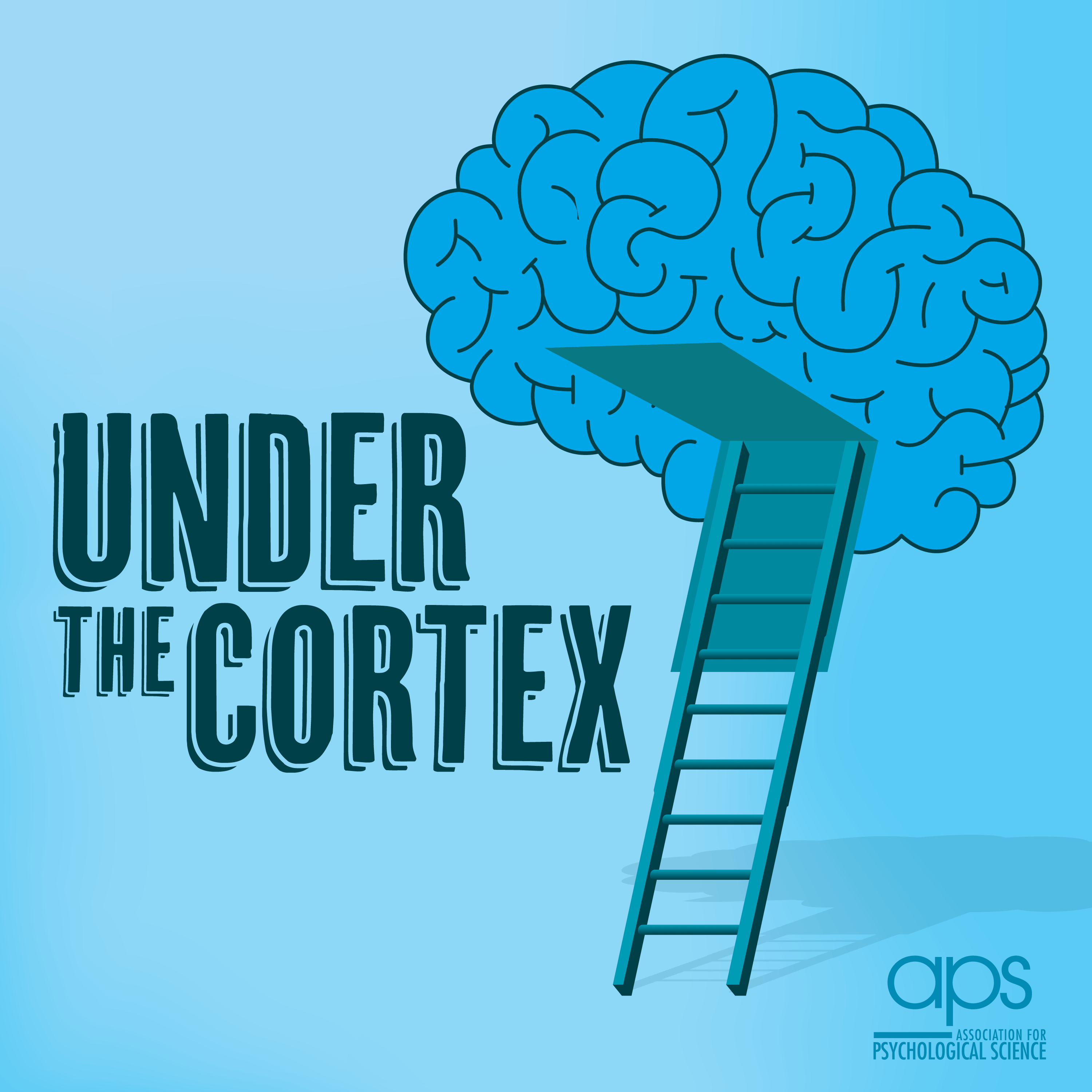Lived Experiences Can Be a Strength. So Why the Bias Against “Me-Search”?
Description
Questions often emerge when researchers tend to engage in research on topics that are personally relevant for them. For example, when someone with depression also studies it, should they disclose their personal interest? How is this type of self-relevant research—“me-search,” as it’s popularly known— perceived by the academic and scientific community?
In a recent study published in Clinical Psychological Science, researchers found that more than 50% of participants had conducted self-relevant research. Those who had not engaged in self-relevant research made more stigmatizing judgments of it and its disclosure than did those who did engage in self-relevant research. We discuss these findings and their implications with the study’s lead author, Andrew Devendorf of the University of South Florida.
To read the transcript, see here.
More Episodes
How does the brain’s memory function change as we grow older? What recent discoveries are helping us understand these changes better?
In this episode of Under the Cortex, Özge Gürcanlı Fischer Baum welcomes Karen Campbell of Brock University to discuss how aging impacts memory. Campbell shares...
Published 11/14/24
Can environmentally friendly actions boost personal well-being? Tune in to discover how a sustainable lifestyle offers profound benefits.
In this episode, APS's Özge Gürcanlı Fischer Baum speaks with Michael Prinzing from Baylor University. Prinzing shares findings from a recent research article...
Published 10/31/24
Published 10/31/24


